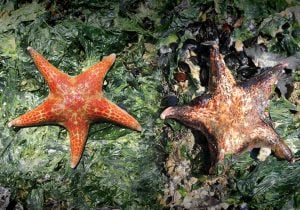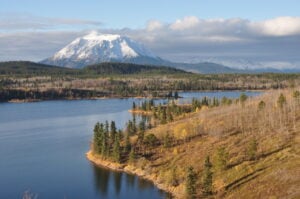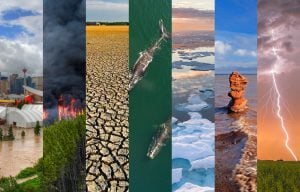Over the past week, Canadians have been closely following the devastating wildfires raging throughout Alberta. The province declared a state of emergency and instated a province-wide fire ban aimed at preventing a repeat of the disaster that struck Fort McMurray, yet over the weekend, new fires were sparked, including one that damaged three homes in a west-end Edmonton neighbourhood.
Controlling the fires has been nearly impossible for firefighters because of record breaking heat and strong winds. Alberta has also been extremely dry, with Fort McMurray reporting only 17 millimetres of rain in April.
Alberta isn’t the only place facing the threat of uncontrollable wildfires; British Columbia’s wildfire season began exceptionally early this year, with 203 fires already reported in the province, and Jean Morin, fire program manager for national parks in the Northwest Territories, fears that his region too will experience an intense wildfire season unless significant rainfall arrives in the near future.
Why are conditions so favourable for wildfires this year?
One of the main culprits is a Pacific Ocean phenomenon known as El Niño.
The January/February issue of Canadian Geographic featured an interview with Environment Canada’s senior climatologist David Phillips, who explained that the increased sea-surface temperature in the central Pacific Ocean during an El Niño phase affect wind and weather patterns around the world.
This year’s El Niño phase was one of the strongest the world has seen since 1998. One impact was a warmer winter in western Canada with little snow, which set the stage for an earlier and more active wildfire season.
But El Niño — a cyclical and fairly predictable occurrence — isn’t the only contributor to prime wildfire conditions. Some argue rising global temperatures caused by climate change are increasing the intensity and frequency of forest fires, meaning fires like the one in Fort McMurray could become the new norm.
When asked whether or not there is a connection between climate change and Alberta’s fires, Green Party Leader Elizabeth May said that “of course” the two are linked, and stressed that extreme weather events will continue to happen until action is taken to combat climate change.
The National Oceanic and Atmospheric Administration says the current El Niño conditions in the Pacific are weakening and might be gone by the time fall rolls around; unfortunately, that leaves some parts of Canada facing the prospect of a very smoky summer.





